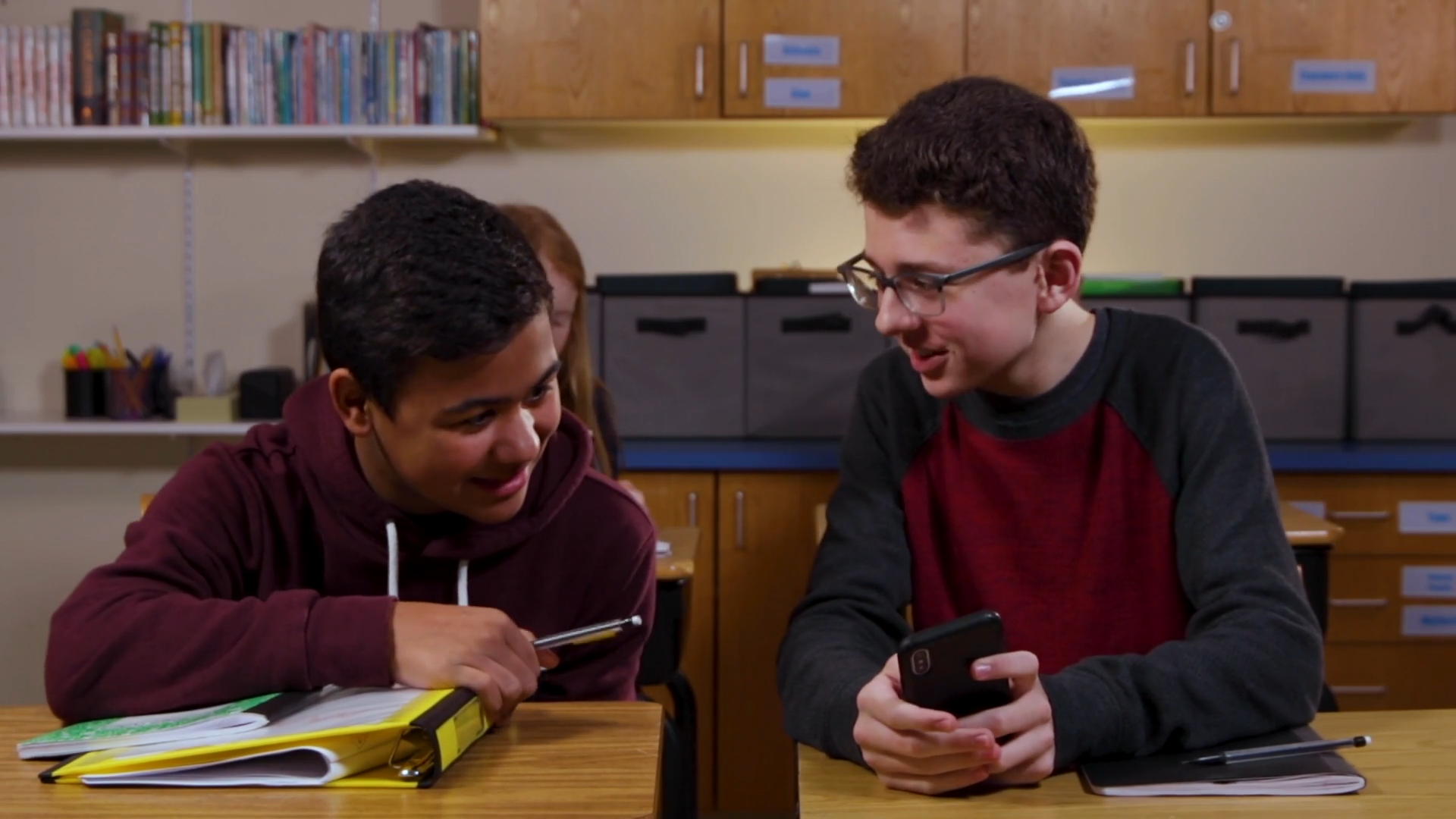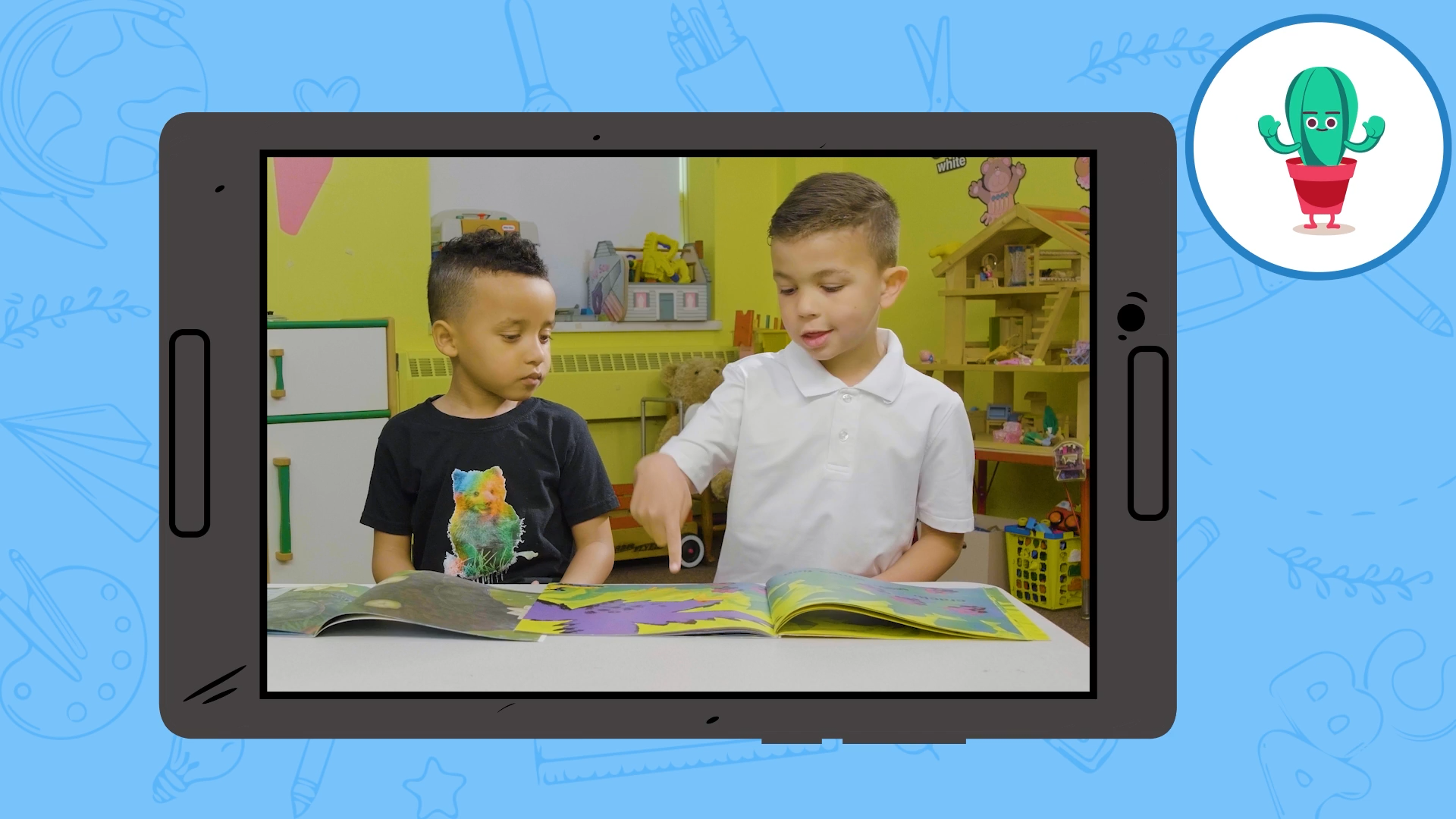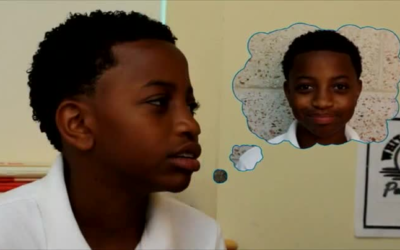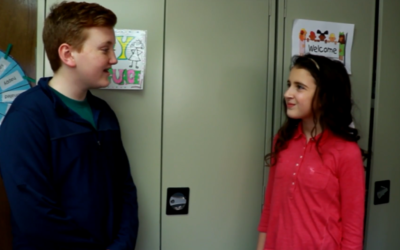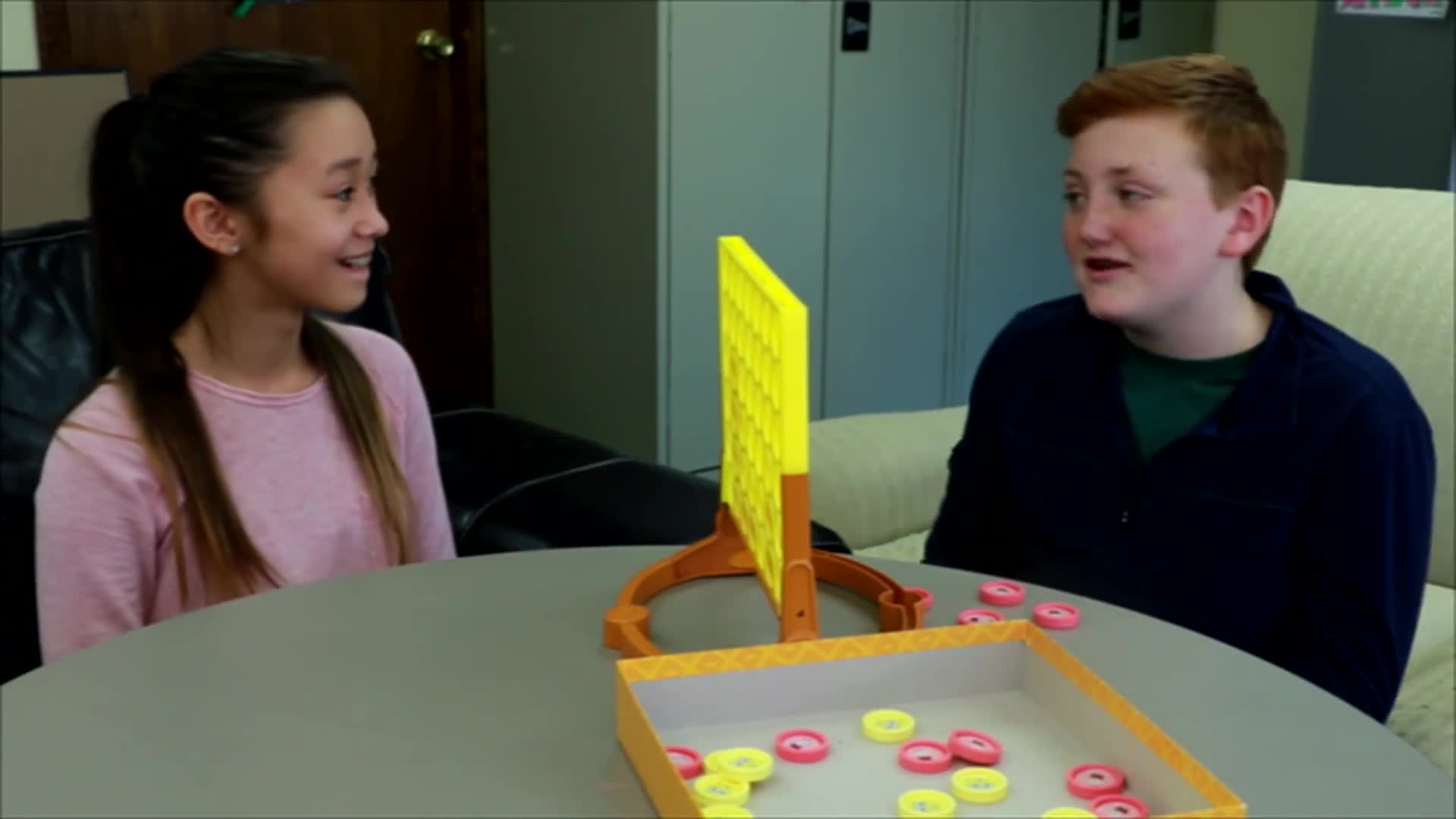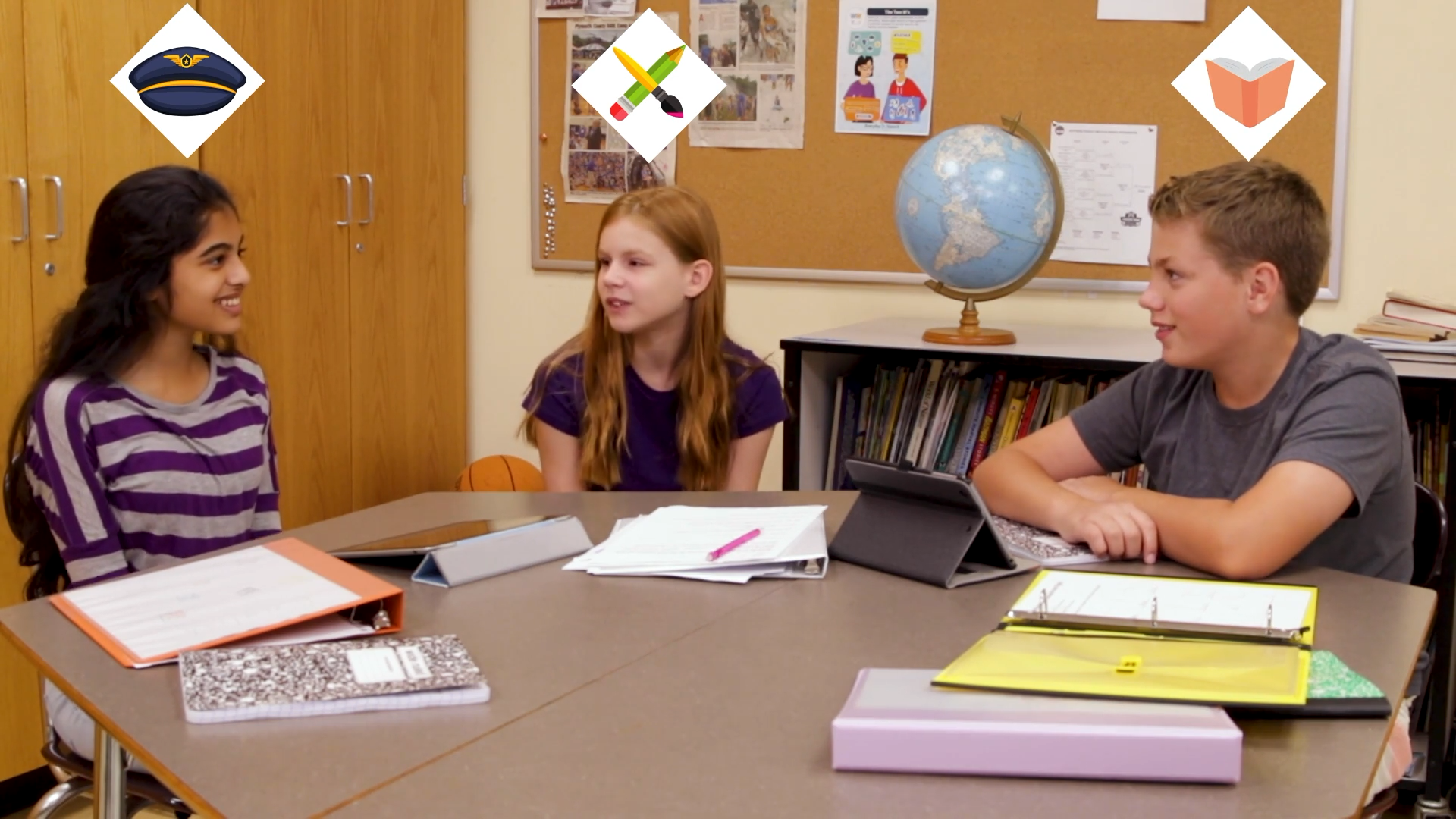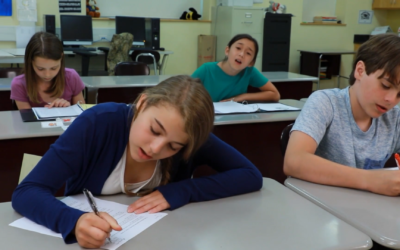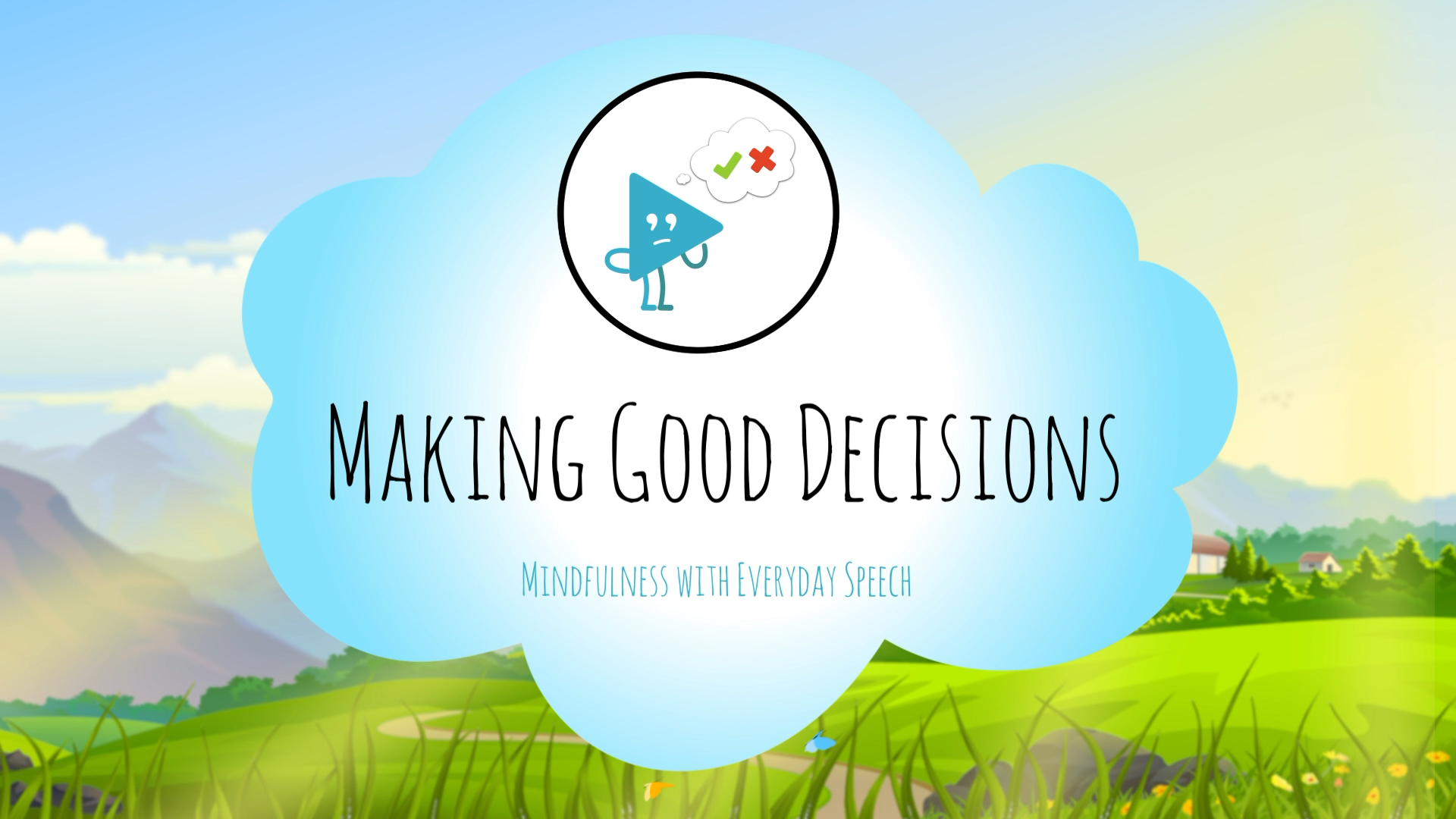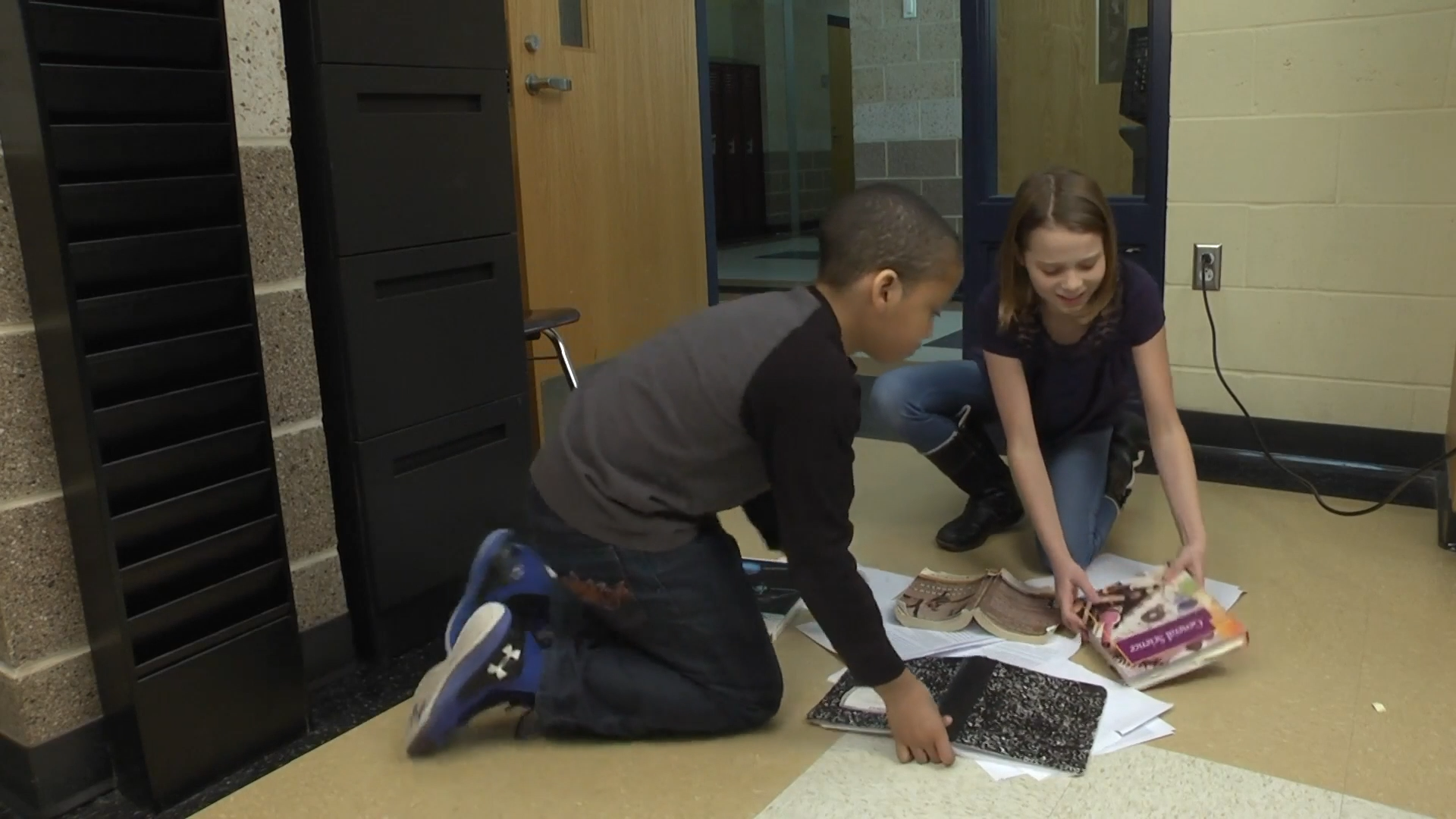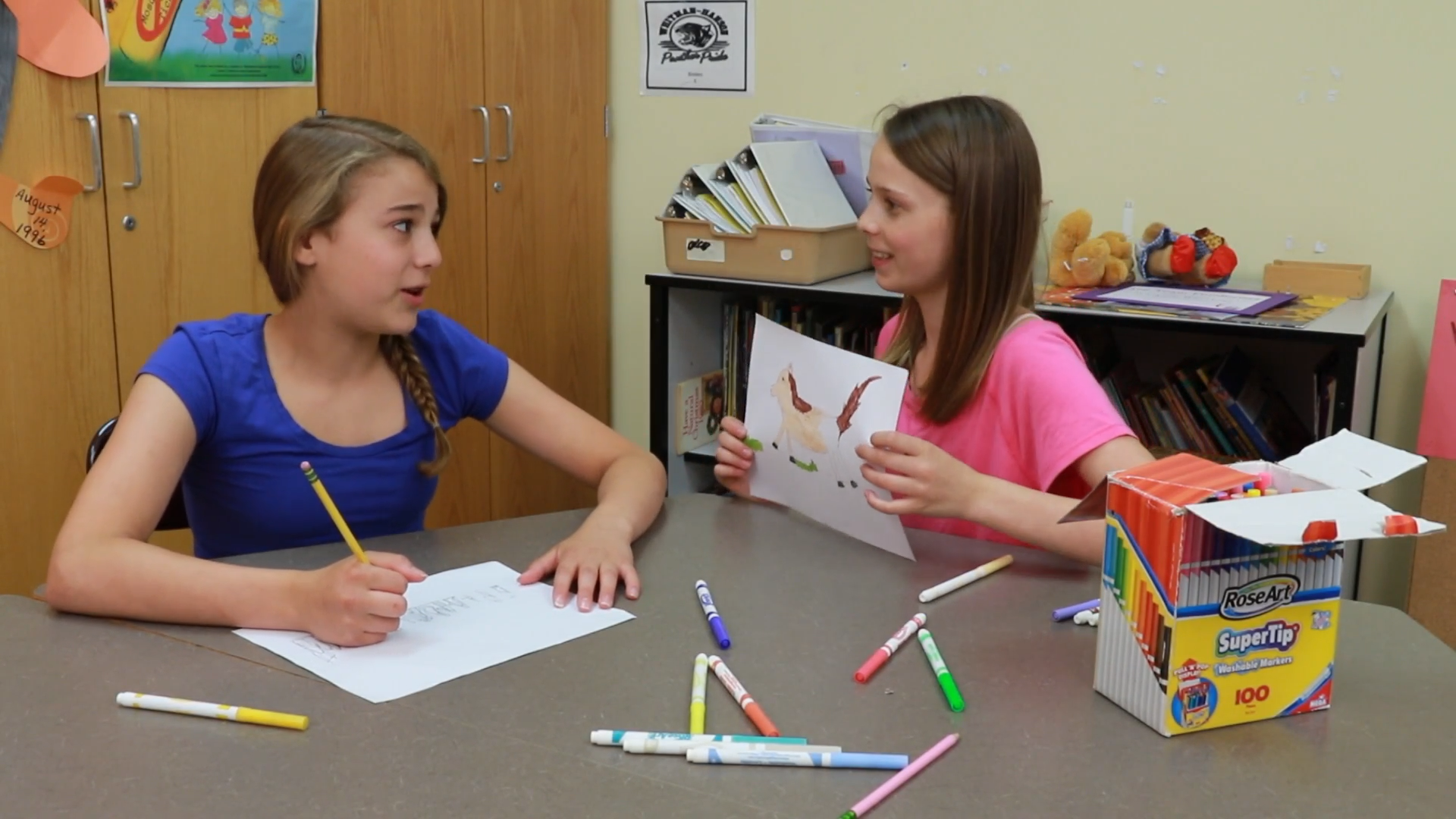Everyday Speech Blog
Social Skill Lesson Plans and Articles
No Results Found
The page you requested could not be found. Try refining your search, or use the navigation above to locate the post.
No-Prep Activities
Teaching Sarcasm and Disguised Thoughts: A Guide for Educators
Introduction Sarcasm is a form of communication where a person says something but actually means the opposite. It's a type of disguised thought, where words have more than one meaning. People often use sarcasm to be funny or to make a point. However, using sarcasm...
Using Self-Talk to Improve Students’ Mindset and Emotional Well-Being
In this blog post, we will explore the benefits of self-talk and how educators can incorporate this skill into their teaching strategies. Self-talk is a powerful tool that can help students develop a positive mindset and improve their emotional well-being, especially...
Teaching the Importance of Asking for Permission in Elementary School
Introduction Asking for permission is a vital social skill that helps maintain a respectful and considerate environment in the classroom. It teaches students to respect others' belongings and personal space, as well as to recognize boundaries. This blog post will...
Teaching Belly Breathing: A Calming Technique for Elementary Students
Introduction Belly Breathing is a simple yet powerful technique that can help students feel more calm and relaxed. This breathing exercise can be used anytime and anywhere to help children manage their emotions, reduce stress, and improve focus. In this blog post, we...
Teaching Students to Identify Problem Sizes: A Guide for Special Education Educators
Introduction Every day, students face different sized problems. Some problems are big, while others are small. The size of the problem affects how we should react, what solutions we should try, and who to ask for help. The Problem Scale helps students to decide what...
Teaching Tone of Voice for Effective Communication
Introduction As educators, we know that effective communication is essential for students' success in social and academic settings. One crucial aspect of communication is tone of voice. Tone of voice is how our voice sounds when we speak, and it can convey our...
Teaching Students the Art of Greeting Others: Tips and Activities for Educators
Introduction As an educator, you play a crucial role in helping students develop essential social-emotional skills. One such skill is the art of greeting others. When students learn how to greet others properly, they build positive relationships and foster a sense of...
Teaching Good Sportsmanship to PreK Students: An Engaging Activity and Discussion Guide
Introduction Good sportsmanship is a valuable skill that plays a crucial role in developing positive social interactions among young children. It involves learning how to handle winning and losing with grace, as well as treating others with respect and kindness during...
Teaching Compromise in Special Education: A No-Prep Activity for Educators
Introduction In a world filled with diverse ideas and desires, disagreements are inevitable. One essential skill to navigate these situations is compromise. Compromise involves giving up a part of what you want to allow someone else to have a part of what they want....
Learning to Ignore Distractions: A Social-Emotional Skill for Elementary Students
Introduction In a world full of distractions, it's essential for students to learn how to ignore things that might disrupt their focus and emotional well-being. This blog post will discuss a valuable social-emotional skill: the ability to ignore distractions and focus...
Teaching Decision-Making Skills: A No-Prep Activity for Educators
Introduction Decision-making is a crucial skill that everyone needs to develop in order to navigate the complexities of life. As educators, it's important to help students learn strategies for making informed decisions that take into account their own well-being and...
Teaching Different Perspectives: A Guide for Elementary Educators
Introduction In social-emotional learning, one crucial skill for students to develop is the ability to understand different perspectives. When people have different thoughts and feelings about the same event, it's essential to recognize that all problems with people...
Cyber Skills for Middle School Students: Navigating Social Media Responsibly
Introduction As educators, we understand the importance of teaching our students to navigate the world of social media responsibly. One crucial aspect of this is understanding the potential impact of sharing pictures of friends online. In this blog post, we will...
Teaching Students to Be Their Own Decision Makers: A Guide for Special Education Educators
Introduction In life, we are constantly faced with choices and decisions, ranging from simple everyday tasks to more complex situations. For students in Special Education, learning how to be their own decision makers is an essential skill. As educators, we can help...
Teaching the Art of Compliments: A Guide for Special Education Educators
Introduction Compliments play a significant role in fostering positive relationships and building self-esteem. For students in special education, learning the art of giving and receiving compliments is an essential social-emotional skill. This blog post will provide...

